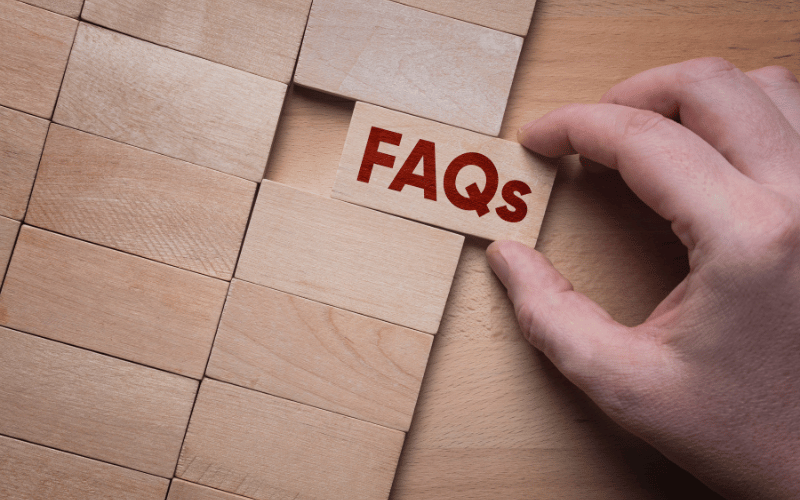FAQs on Central Pontine Myelinolysis Symptoms

1. What exactly is Central Pontine Myelinolysis (CPM)?
CPM is a neurological condition where specific nerve cells in the pons section of the brainstem get damaged. This damage primarily affects the myelin sheath, a protective covering around nerve fibers. The exact cause can vary but is often linked to rapid shifts in sodium levels in the body.
2. Are all the symptoms of CPM immediately noticeable?
Not necessarily. While some symptoms, like difficulty speaking or weakness, might be immediately apparent, others, such as mood changes or impaired temperature sensation, can be subtle and develop over time. It’s essential to consult with a medical professional if you notice any potential signs.
3. How is CPM diagnosed, given its range of symptoms?
Diagnosis typically involves a comprehensive medical examination, reviewing the patient’s medical history, and conducting specific neurological tests. Imaging studies like MRIs can be instrumental in confirming a diagnosis by visualizing the damage in the pons.
4. Is there a cure for CPM?
While there’s no specific cure for CPM, treatments focus on managing and alleviating symptoms. Therapies might include physical and speech therapy, medications to address specific symptoms, and supportive care tailored to the individual’s needs.
5. Can lifestyle changes help in managing CPM symptoms?
Absolutely. For many symptoms, especially those affecting movement or speech, regular therapy and exercises can be beneficial. Additionally, stress management, a balanced diet, and avoiding rapid changes in sodium levels can contribute to better overall health and symptom management.
Conclusion: Navigating the Complexity of CPM
Central Pontine Myelinolysis, a neurological disorder affecting the brainstem, offers a stark reminder of the brain’s intricate nature and its pivotal role in our daily lives. The range of symptoms, from physical manifestations like weakness to subtler challenges like mood fluctuations, underscores the importance of understanding this condition. Knowledge not only helps individuals and caregivers tackle these symptoms but also fosters empathy, highlighting the struggles and resilience of those affected.
Furthermore, in recognizing the intricacies of CPM, we pave the way for more targeted research and interventions. Every symptom tells a story of disrupted neural pathways and the human body’s endeavor to adapt and overcome. By promoting awareness, facilitating timely diagnosis, and championing patient-centered care, we can ensure that those living with CPM are equipped to navigate its challenges and lead fulfilling, empowered lives.